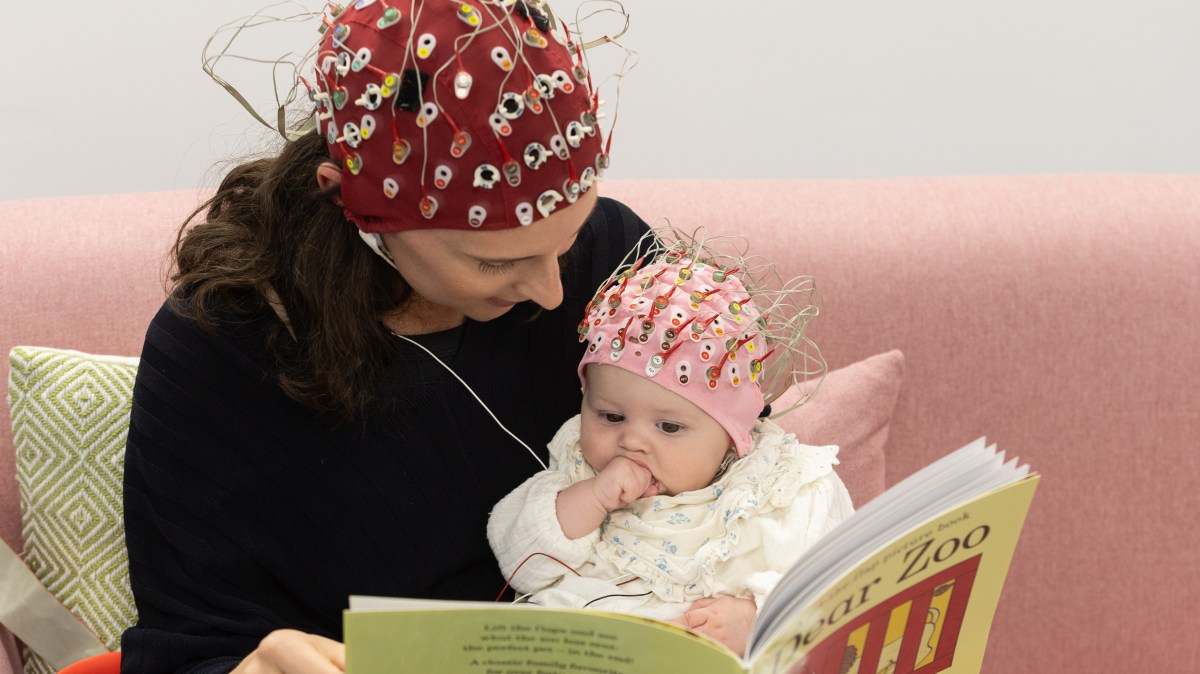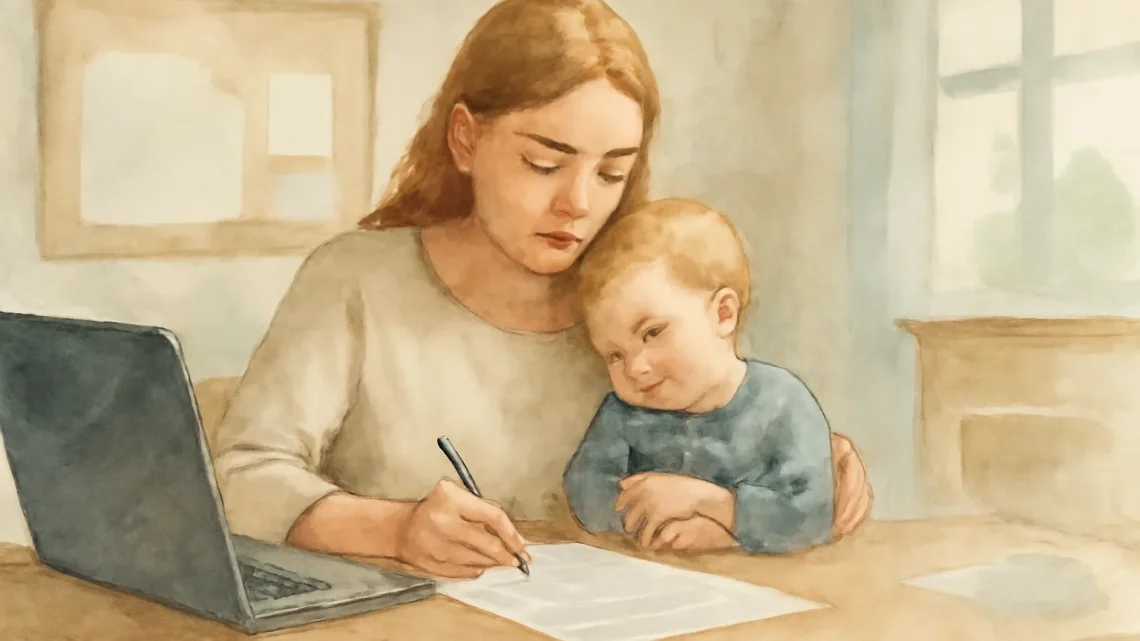Parents who read bedtime stories to their children experience a remarkable synchronization of brain activity, according to research from the University of California, Berkeley. This phenomenon occurs as young children listen to stories, creating a unique bonding experience that far surpasses the interaction offered by screens.
Studies led by Dr. Patricia Kuhl, a prominent figure in the field of child development, reveal that when parents read aloud, their neural patterns begin to align with those of their children. This alignment fosters a deeper connection, enhancing emotional and cognitive development. The findings, published in 2023, highlight the profound impact of shared reading on both parent and child.
The research suggests that the benefits of reading extend beyond mere storytelling. Engaging in this nightly ritual not only cultivates a love for literature but also strengthens familial bonds. As parents narrate tales, their children are not merely passive listeners; they actively engage with the content, prompting cognitive growth and fostering imagination.
Reading together creates a multisensory experience. The rhythm of a parent’s voice, the visual stimulation of illustrations, and the tactile sensation of turning pages all contribute to synchronizing brain activity. This complex interaction is something that screens, with their often passive engagement, cannot replicate. Children who are read to frequently display improved language skills, better emotional regulation, and enhanced social understanding.
Interestingly, the study emphasizes the importance of quality over quantity when it comes to reading time. While spending time with screens can be beneficial in moderation, the depth of interaction during shared reading is unmatched. Parents are encouraged to prioritize this activity, particularly in the early developmental stages when neural connections are being formed.
Moreover, the implications of these findings extend to broader societal contexts. As families navigate the digital landscape, understanding the benefits of traditional storytelling can guide choices about media consumption. Parents who engage their children through reading not only enrich their lives but also lay the groundwork for future academic success.
As families worldwide adapt to the evolving nature of technology, recognizing the unique advantages of bedtime stories is vital. The simple act of reading together can significantly influence a child’s development, making it an invaluable practice for nurturing relationships and cognitive growth.
In conclusion, the alignment of neural patterns between parents and children during bedtime stories underscores the importance of this shared activity. As research continues to shed light on the benefits of reading, it becomes clear that fostering these moments is essential for both emotional connection and cognitive development. The next time parents consider screen time versus reading, the decision is clear: nothing can replace the magic of a bedtime story.







